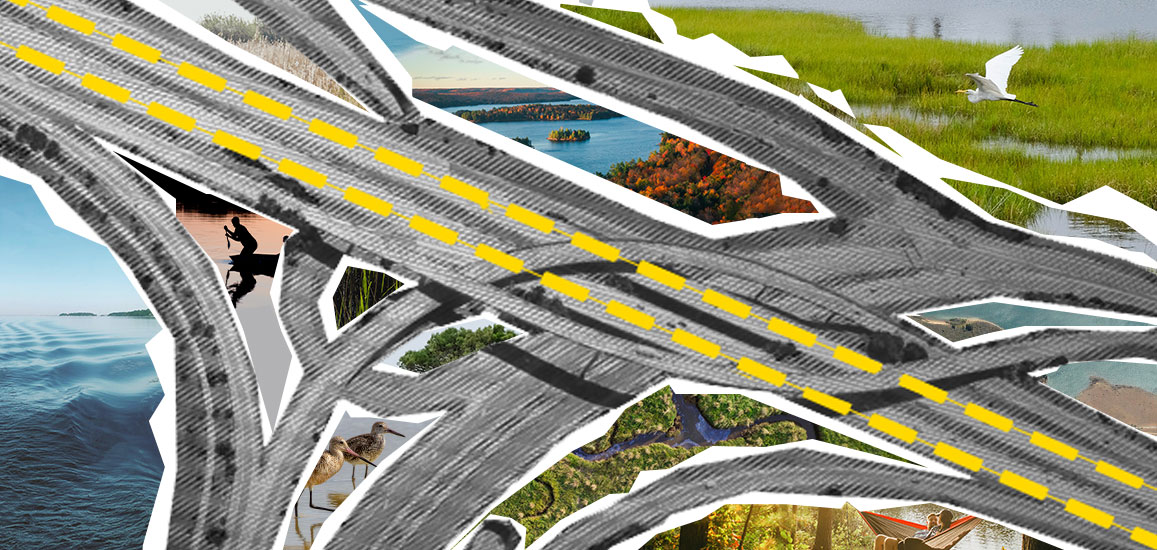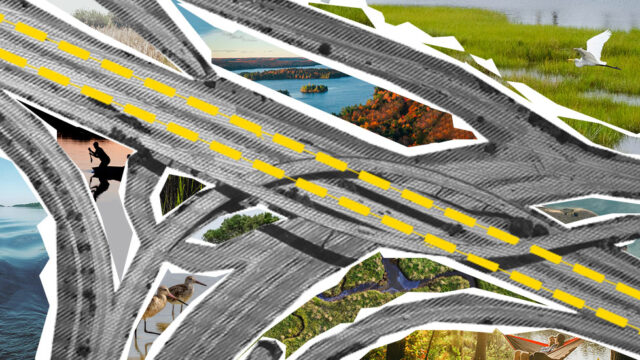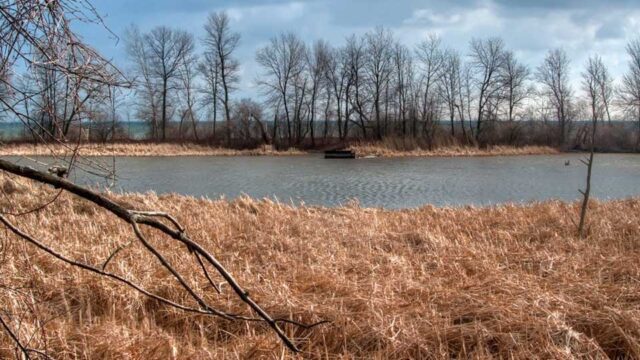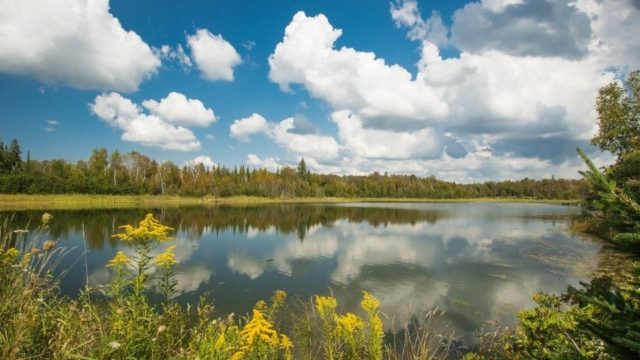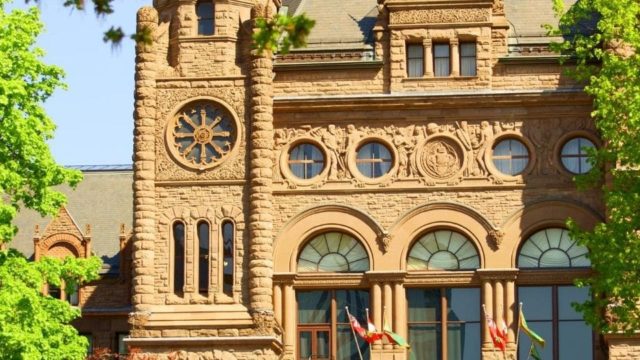The Bradford Bypass is a controversial highway project proposed to be built in Simcoe County and York Region in Ontario’s northern Greater Toronto Area. Community groups along the 16-kilometre route have been at the forefront of the fight to ensure the project will not move forward before its impacts on local ecosystems, climate, community, and human health are adequately assessed.
Scrutiny of the project at the provincial level has been all but non-existent. After undergoing an environmental assessment (EA) in 1997, which suffered from significant gaps, the proposed project sat abandoned for years before being resurrected under Doug Ford’s Conservative government. The project was promptly exempted from the conditions of the original 1997 EA and from a further, complete environmental assessment at the provincial level. This exemption removed important opportunities for public consultation — just one instance of this government’s efforts to dismantle Ontario’s environmental legislation behind closed doors.
Community and environmental groups turned to the federal government for reprieve, submitting two separate requests to the federal Minister of Environment and Climate Change to designate the project for a federal impact assessment under Canada’s Impact Assessment Act. Both requests were denied. Frustrated, but undeterred, the groups challenged the second rejection in court. The groups say the Minister’s decision not to designate the highway for assessment undermines the federal government’s stated commitments to scientific integrity and meaningful public participation in decision-making on major infrastructure projects.
In April 2023, the groups celebrated a big victory for public participation when the Federal Court ruled the Minister’s decision to deny a requested federal impact assessment was unreasonable. This decision opens the door for groups to submit a subsequent request that the project be designated for a federal impact assessment.

